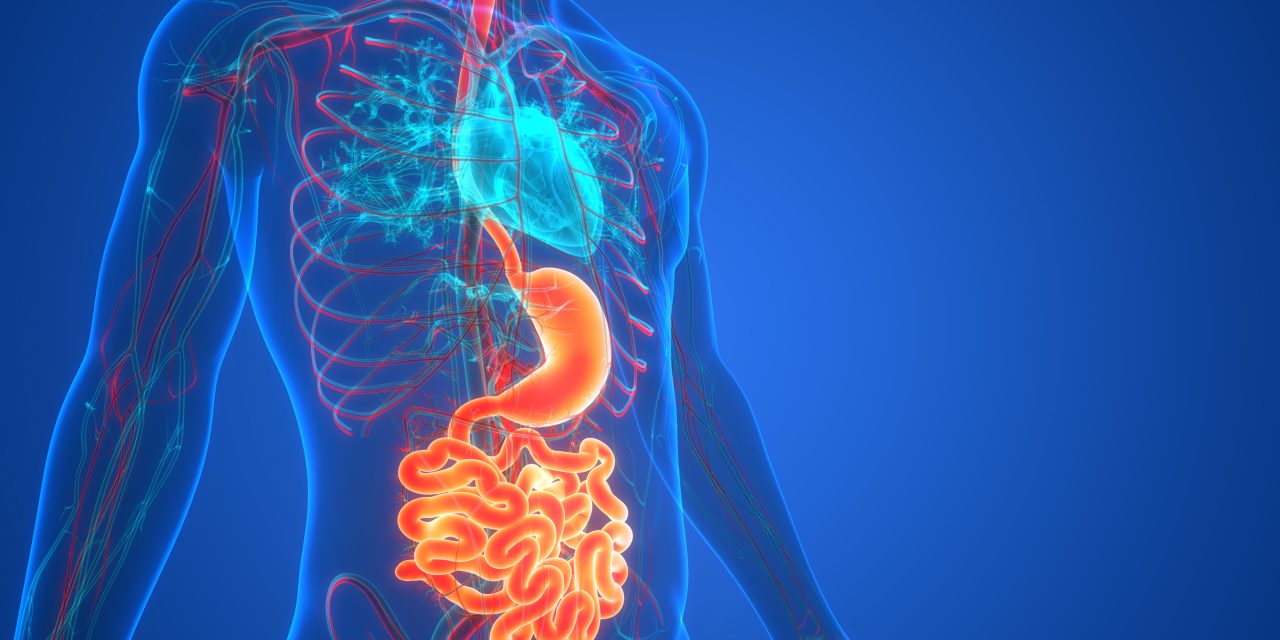Nowadays, various strategies are considered to prime Dendritic cells (DCs) with tumor antigens. The tumor cell-derived exosomes are recognized as one of the most efficient strategies for achieving this purpose. In this regard, MicroRNA 155 (miR-155) is employed as one of the most prominent miRNAs, which play substantial roles in DCs maturation and IL-12 production. This study investigates the tumor growth suppression and antitumor effects of DCs primed with miR-155-enriched exosome on the BALB/c murine model of colorectal cancer induced by CT-26 cell lines. Therefore, a holistic framework is proposed for the analysis procedure. In the first stage, miRNA-155 was electroporated into texosomes. In the second stage, bonemarrow-derived DCs were treated with miRNA-155 enriched texosomes. Then, antitumor properties of manipulated DC have been evaluated in the BALB/c mice model of colorectal cancer. After DC immunotherapy, several features have been assessed for each animal, including survival, body weight, tumor volume/size, histopathology, and serum cytokine levels. Also, flow cytometric evaluation has been performed for the spleen and the tumor tissue T-cell subsets. The findings demonstrated that the primed DCs could significantly increase IL-12p70 and IFN-γ in serum and accelerate the differentiation, proliferation, and cytotoxicity effects on the Th and CTL cells. Also, the treatment also increased the infiltration of Th and CTL cells into the tumor microenvironment while decreasing Tregs. This situation causes tumor growth control, and survival improvement. Therefore, DC immunotherapywith miR-155-enriched texosomes can be employed as a the desired approach for inducing antitumor immune responses, controlling tumor growth, and improving survival in mice with colorectal cancer. However, it is essential to perform more investigations to confirm the clinical application of this approach in humans and other types of tumors.Copyright © 2022 Elsevier B.V. All rights reserved.
Dendritic cell immunotherapy with miR-155 enriched tumor-derived exosome suppressed cancer growth and induced antitumor immune responses in murine model of colorectal cancer induced by CT26 cell line.


